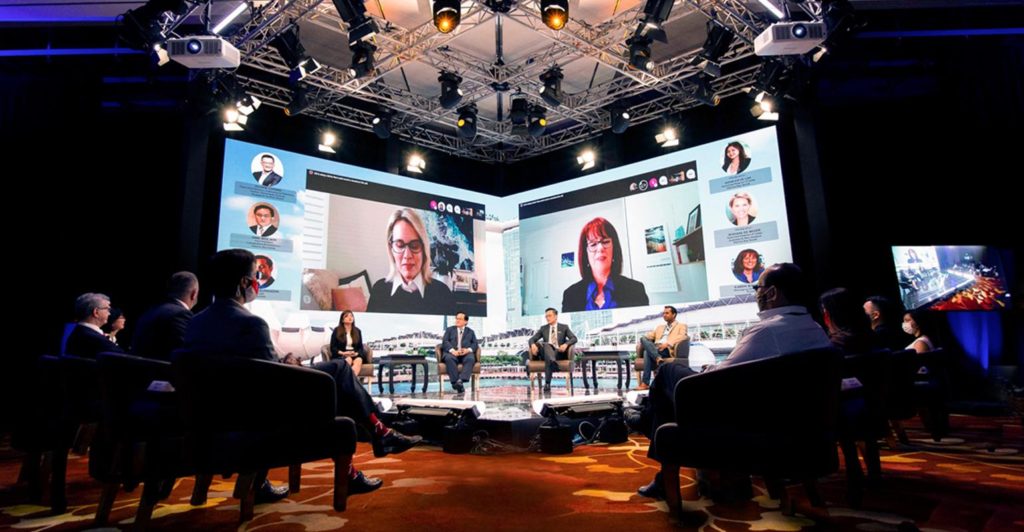Introduction: In today’s fast-paced digital era, event planners are faced with the challenge of adapting to the changing landscape of remote and hybrid events. The rise of technology and the impact of the Covid-19 pandemic have necessitated the shift towards virtual platforms, creating new opportunities and challenges for event professionals. To ensure the success of remote or hybrid events, event planners must be equipped with the right strategies and tools to engage their audiences effectively. In this article, we will provide valuable advice and insights for event planners working with remote or hybrid audiences, helping them navigate this evolving event landscape with confidence.

- Understand Your Audience:
When planning a remote or hybrid event, it is crucial to have a deep understanding of your target audience. Consider their preferences, technological proficiency, and time zone differences. Tailor your event format, content, and engagement strategies to ensure maximum participation and meaningful interactions. - Embrace Technology:
Utilize the power of technology to create engaging virtual experiences. Invest in reliable and user-friendly platforms for live streaming, interactive sessions, networking opportunities, and virtual exhibitions. Leverage tools such as chat features, live polls, and Q&A sessions to encourage audience participation and foster a sense of community. - Plan for Engagement:
Keeping remote or hybrid audiences engaged is key to a successful event. Incorporate interactive elements into your program, such as live polls, virtual breakout rooms, and gamification techniques. Encourage networking and collaboration through virtual meet-ups, discussion forums, and one-on-one video chats. By creating opportunities for meaningful interactions, you can enhance attendee satisfaction and overall event experience. - Prioritize Content Delivery:
Deliver compelling and relevant content to captivate your remote or hybrid audience. Ensure a balance between pre-recorded sessions and live presentations, allowing for flexibility and accommodating different time zones. Invest in high-quality production values to deliver a polished and professional experience that resonates with attendees. - Test, Test, Test:
Thoroughly test all technical aspects of your event, including audiovisual equipment, streaming platforms, and internet connections. Conduct comprehensive rehearsals with presenters and moderators to iron out any potential glitches. A smooth and seamless event experience will enhance the credibility and professionalism of your organization. - Facilitate Networking Opportunities:
Networking is an integral part of any event, even in the virtual realm. Implement strategies to encourage networking among participants, such as virtual meet-ups, matchmaking features, or themed discussion groups. By providing opportunities for attendees to connect and collaborate, you foster a sense of community and create lasting connections. - Offer On-Demand Access:
Consider providing on-demand access to event sessions and content, allowing attendees to revisit presentations or catch up on missed sessions. This flexibility enhances the value of the event and accommodates participants’ individual schedules and time constraints.
As the event industry continues to evolve, event planners must adapt their strategies to meet the changing needs of remote and hybrid audiences. By understanding your audience, embracing technology, prioritizing engagement, delivering compelling content, testing rigorously, facilitating networking opportunities, and offering on-demand access, you can create impactful and successful remote or hybrid events. Embrace the possibilities offered by the virtual realm, and let innovation drive your event planning endeavors in this dynamic landscape.
